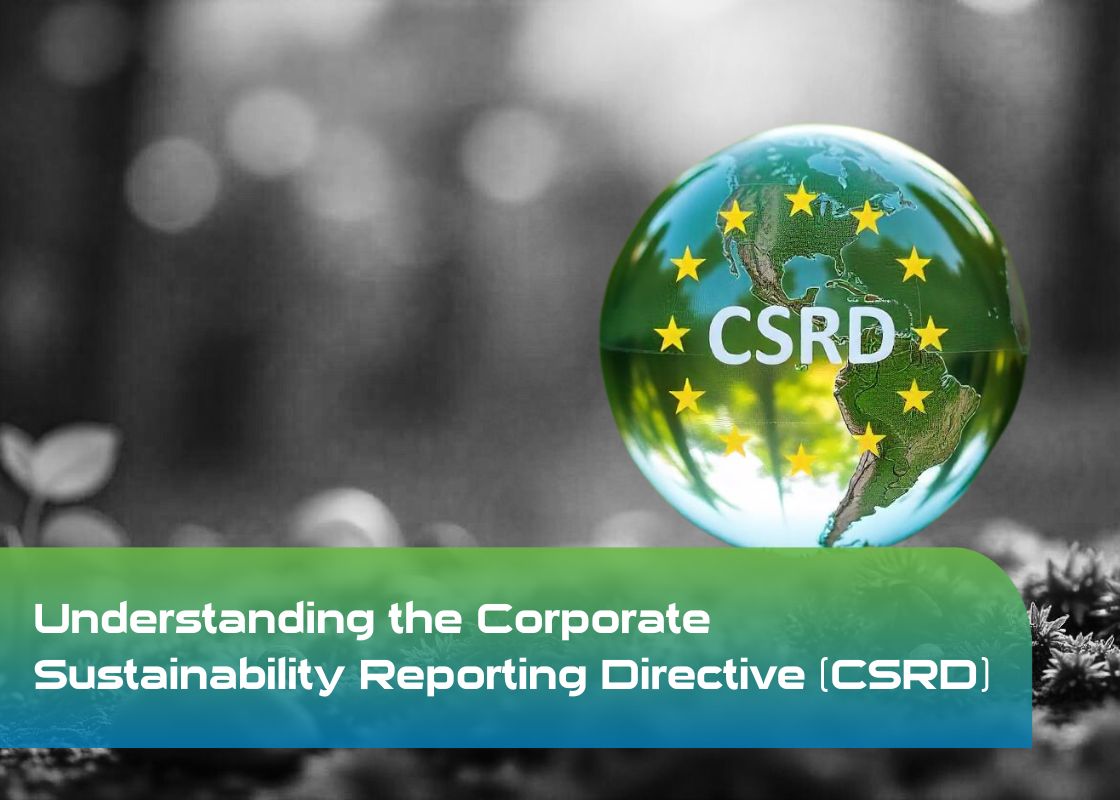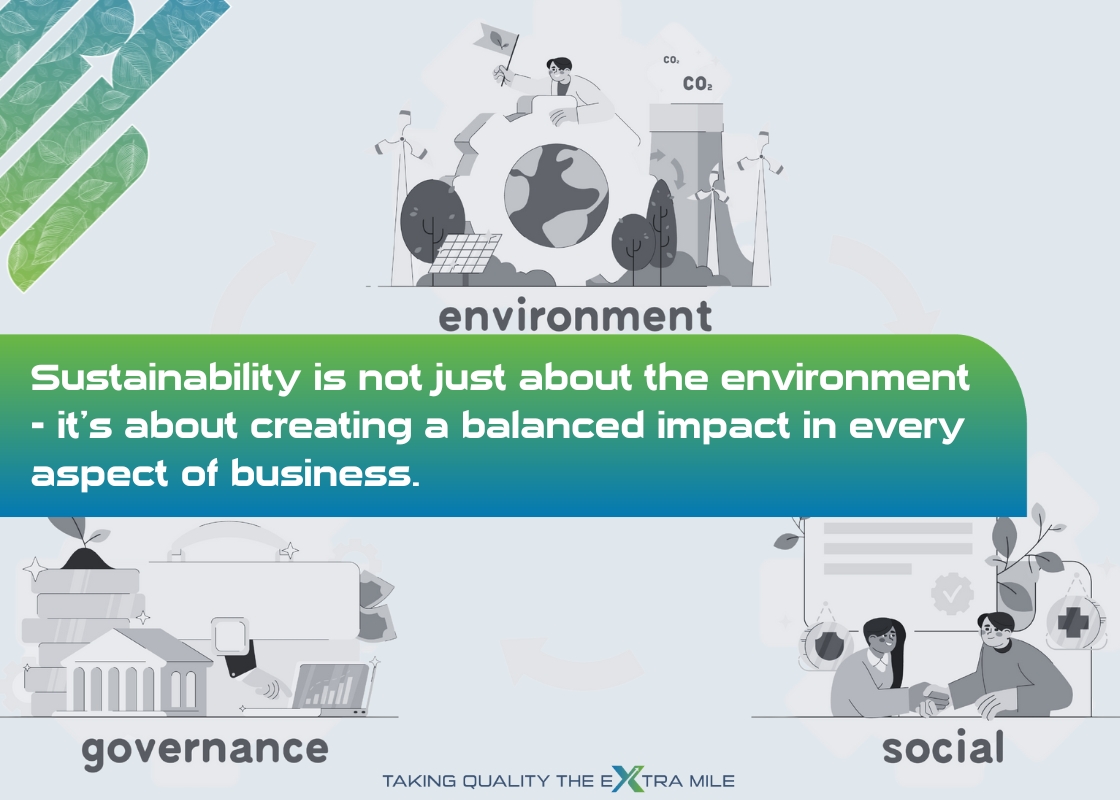Sustainability has become a key priority for businesses today, and the European Union is driving this shift through the Corporate Sustainability Reporting Directive (CSRD). This new regulation is designed to make companies more transparent about their environmental, social, and governance (ESG) impacts, ensuring that all businesses contribute to a more sustainable and responsible future.
Understanding the Corporate Sustainability Reporting Directive (CSRD):
What Does It Mean for Your and Our Business?
What is the CSRD?
The CSRD requires companies to report on how their operations affect the environment, society, and the economy. This goes beyond just disclosing environmental impacts—it also includes social and governance factors, such as fair business practices, employee welfare, and the company’s efforts to address climate change.
What Does ESG Mean?
ESG stands for Environmental, Social, and Governance—three key pillars that assess a company's impact on the world around it.
The CSRD requires companies to report on how their operations affect the environment, society, and the economy. This goes beyond just disclosing environmental impacts—it also includes social and governance factors, such as fair business practices, employee welfare, and the company’s efforts to address climate change.
What Does ESG Mean?
ESG stands for Environmental, Social, and Governance—three key pillars that assess a company's impact on the world around it.
- Environmental refers to how a company manages its environmental footprint, including carbon emissions, energy usage, and waste management.
- Social covers how a company impacts its people, from employees to local communities, including workplace conditions and contributions to social issues.
- Governance involves the leadership structure, transparency, and ethical practices within a company, such as board diversity and business integrity.
- Transparency and Accountability: The CSRD aims to make your sustainability efforts clearer to investors, consumers, and other stakeholders by requiring regular and detailed reporting.
- A Holistic View: It covers not only environmental issues but also social impacts, governance practices, and how your company manages risks and opportunities in these areas. This gives a fuller picture of your business’s sustainability journey.
- Stronger Reputation and Trust: By reporting your sustainability practices, you show your commitment to transparency, which can build trust with customers and investors. In an increasingly conscious world, this can be a competitive advantage.
- Regulatory Compliance: Meeting CSRD requirements is essential to avoid fines and penalties. But more importantly, it will help you stay ahead of the curve as the EU is pushing for businesses to adopt more sustainable practices.


How Are We At STI Freight Management Already Preparing for CSRD?
We as a business are already working to meet the CSRD requirements ourselves, ensuring that we are fully compliant and aligned with sustainability standards. Our goal is not only to help you meet your obligations but also to make this process work for everyone, including us.
We as a business are already working to meet the CSRD requirements ourselves, ensuring that we are fully compliant and aligned with sustainability standards. Our goal is not only to help you meet your obligations but also to make this process work for everyone, including us.
By working together, we can ensure that our mutual efforts are streamlined and effective, ensuring compliance and driving sustainability within our shared supply chains.
Why Should You Take Action?
- Future-Proof Your Business: The CSRD is just the beginning. As sustainability regulations grow stricter, being compliant now will put you ahead of the curve.
- Improve Your Impact: Taking sustainability seriously means reducing waste, lowering carbon emissions, and improving working conditions—all of which benefit both the planet and your company.
- Build Stronger Relationships: Transparency about your sustainability efforts will strengthen trust with stakeholders and attract eco-conscious customers and partners.


